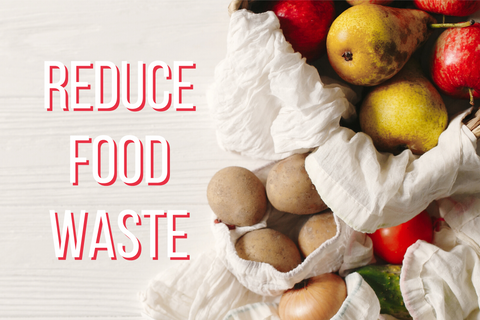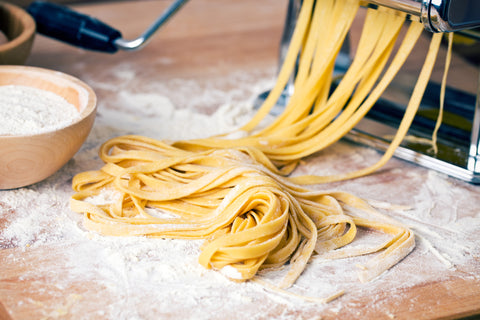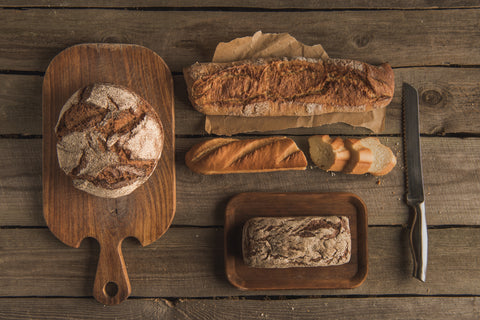Now that we are isolated in our homes, we must turn our attention to sustainability and reducing food waste.
WHY WE MUST REDUCE FOOD WASTE
Even though we may not realize it, each and every one of us throws away a huge quantity of food every day. According to the United States Environmental Protection Agency, however, there are at least 4 major benefits to reducing the amount food we waste. First, we can save money by buying less food; second, we can reduce methane emissions from landfills and lower our carbon footprints; third, we can conserve energy and resources, preventing pollution involved in the growing, manufacturing, transporting, and selling of food; finally, we can support our communities by preserving untouched food that would have otherwise gone to waste.
HOW TO MANAGE YOUR FOOD
Keep it simple. Before going to the grocery store, make an inventory of the food you already have in your fridge and pantry, plan your weekly meals, and write your shopping list, specifying the exact quantity of food you need. Take care not to overbuy!
THE ITALIAN WAY: PRESERVES
Italian nonne can preserve everything sottolio. In fact, Italians love to preserve vegetables in olive oil or vinegar. This canning technique is a wonderful way to avoid waste and keep your pantry stocked. We encourage you to try it yourself, and to buy some Italian-style pickled and oil-packed vegetables, if you can’t get to the grocery store often. At Magnifico, we have a rich selection of sottoli and sottaceti!
THE OTHER ITALIAN WAY: FREEZE
Freeze anything, from pesto to stock cubes! If you’ve bough too many fresh vegetables, wash, dry, then chop or dice them, and freeze them for later. You can also freeze sliced bread, keeping it fresh and fragrant. Wrap individual slices in aluminum foil and put them in a freezer bag. Freezing food is a game changer as we experience this new way of life, dictated by quarantine, social distancing, and few trips to the grocery store.



